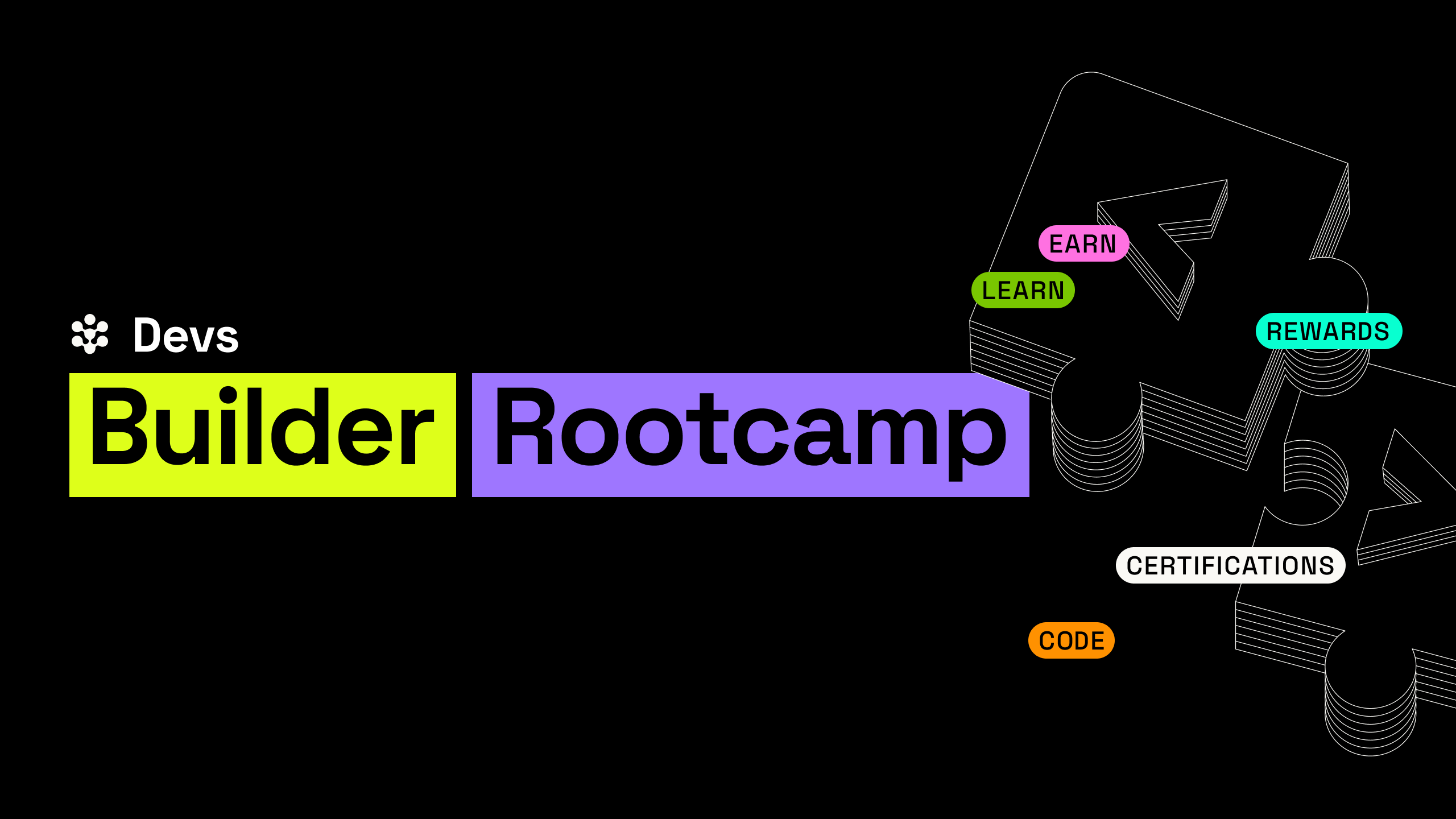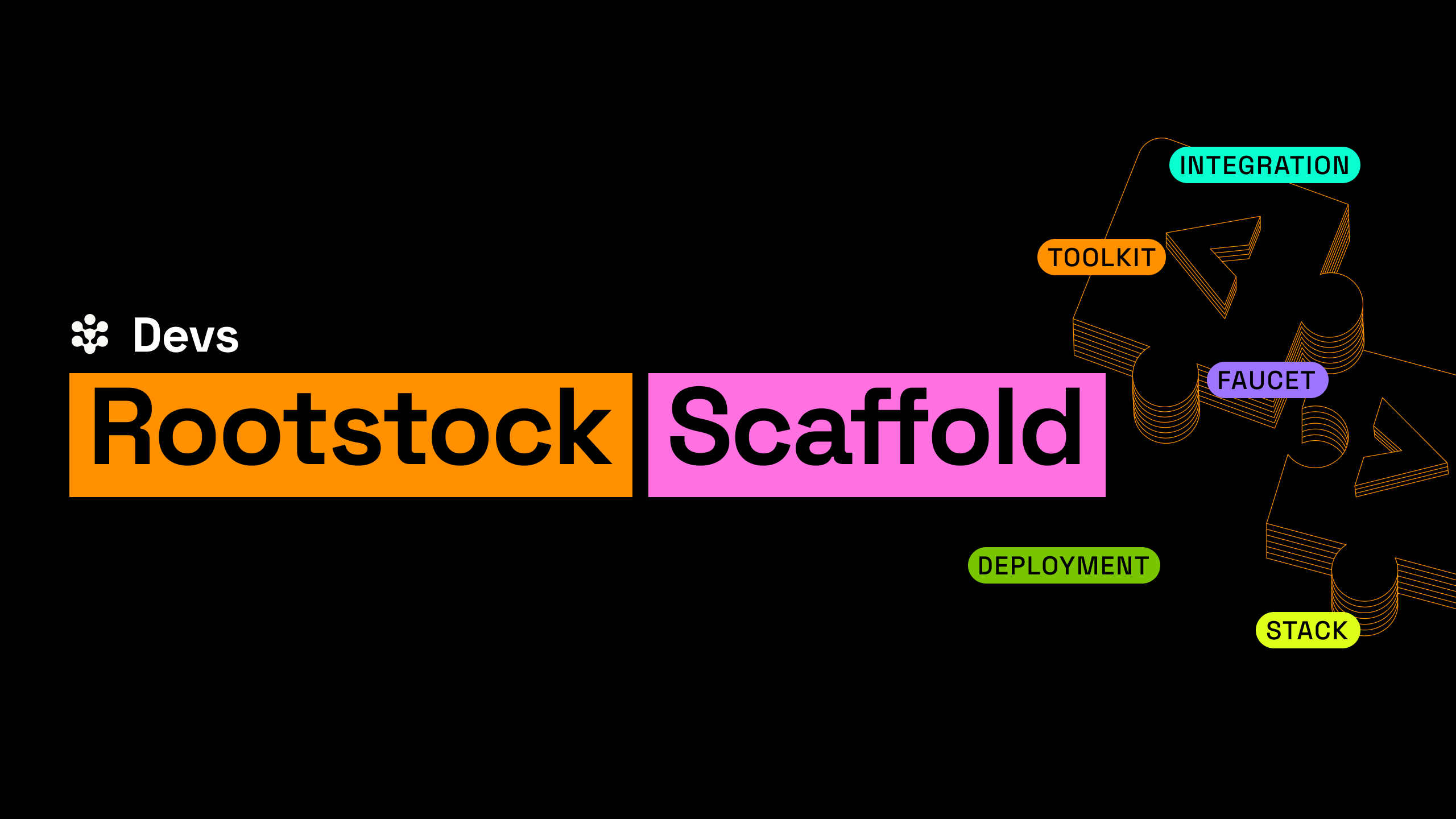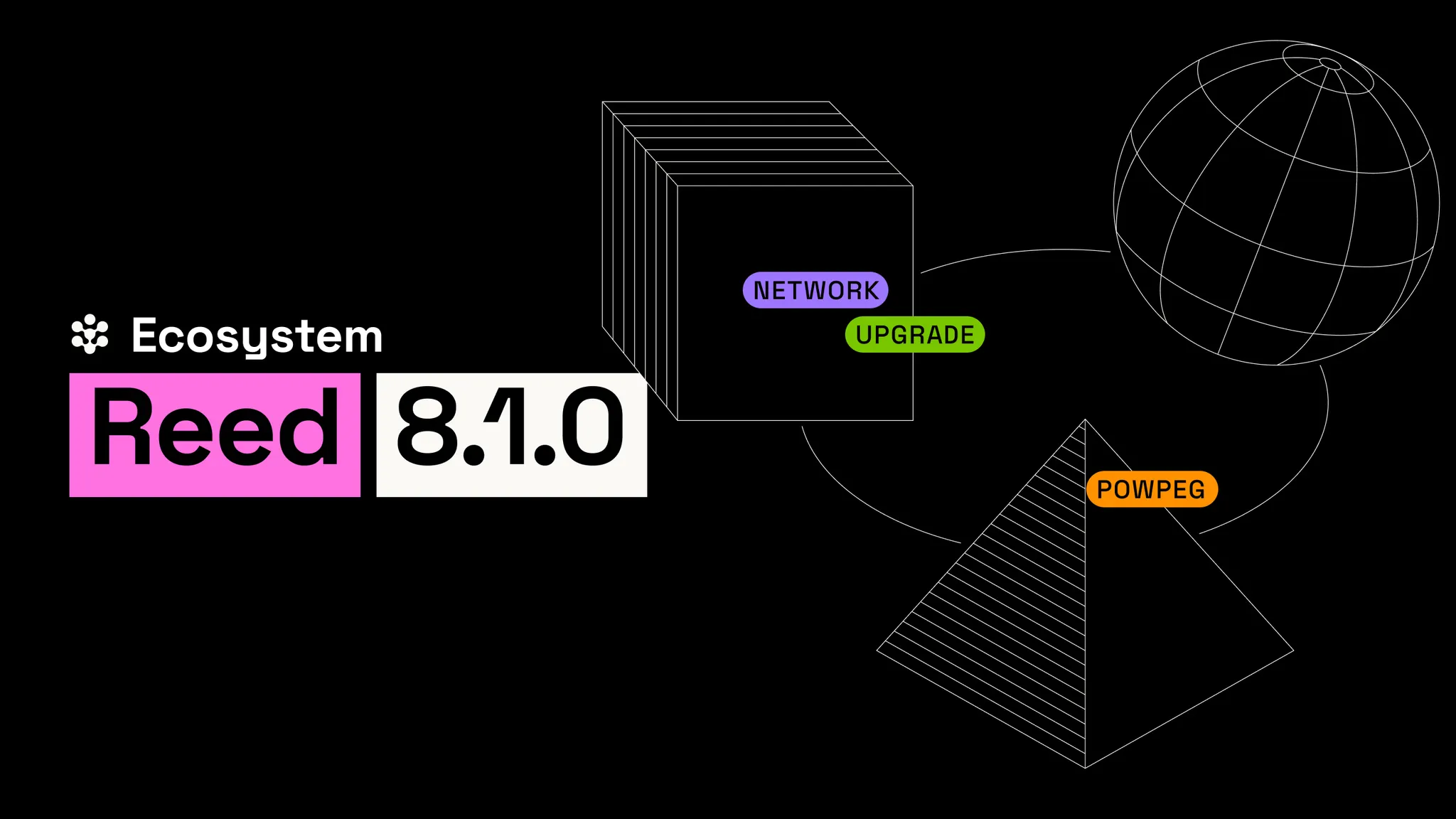In preparation for our upcoming network upgrade (Wasabi), RSK Testnet will be reset and network servers updated with a new and enhanced version of the RSK client node.
What does a Testnet reset mean?
A reset is a fresh start of the blockchain. All servers provided by RSK will be restarted and upgraded to a new RSKj client version. Hashing power will point to the new network. Existing accounts and contracts will not be migrated. Consensus rules for the new chain will not be compatible with those of the old chain.
When will Testnet reset take place?
We will start working on the Testnet reset on Friday, July 5th 2019, 12:00 PM (GMT). We cannot guarantee the exact time RSK Testnet nodes will be available after that time. RSKj new client release will be published in our Github page once Testnet reset is complete.
When will the new Wasabi RSKj version be available?
We’re planning to do a progressive rollout of Wasabi 1.0.0, starting with the Testnet reset and release of Wasabi 1.0.0 Preview version, which will be a Testnet version only. Rollout phases and dates can be seen in the following image. We’ll update on any notable change to the schedule:

What can you do if you need to keep working on your already deployed smart contracts?
If you need to continue working on your current Orchid node, preserving the state of smart contracts and accounts, you can have your node run in standalone mode. This means it will not be part of a broader network. You can find instructions on how to do this by following the steps described here. However, it’s highly recommended that you deploy your contracts on the new Testnet once available, so you can check everything works properly with the new version.
What’s new in the upcoming release?
A non-comprehensive list of changes to be included in the upcoming version is:
- New state internal data structure (Unitrie) introduces important performance and storage improvements.
- New opcodes included in RSK virtual machine (create2, shr, shl).
- New RSK native contracts (blockHeader, getBTCTransactionConfirmations, …).
- New transaction debugging rpc method (debug_traceTransaction).
- Security improvements and bug fixes.
More details will be published in an upcoming blogpost.
If you have any questions or concerns please contact us directly in our RSK Gitter community. Thanks for your comprehension and for your continued support to the RSK platform!


